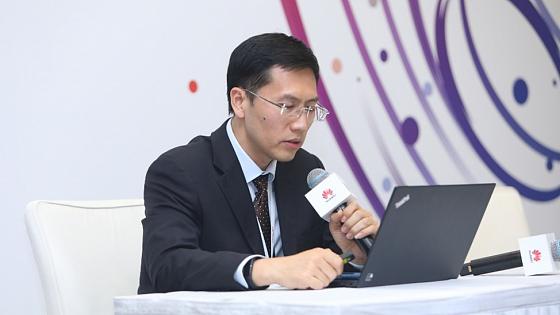Schneider Electric has reaffirmed its commitment to advancing Nigeria’s industrial growth by championing artificial intelligence (AI)-driven manufacturing as a cornerstone for increased efficiency, sustainability, and competitiveness. The company believes that adopting intelligent technologies can help Nigerian manufacturers overcome current infrastructure challenges and unlock long-term industrial potential.
Speaking on the future of the country’s manufacturing sector, Schneider Electric’s Country President for Anglophone West Africa, Ajibola Akindele, outlined three pivotal trends shaping the future: electrification, digital transformation, and circularity. He noted that these trends have moved beyond industry buzzwords to become essential tools for manufacturers seeking profitability and resilience in a rapidly evolving global market.
“These are no longer buzzwords but practical necessities for Nigerian manufacturers seeking to stay competitive and future-ready,” Akindele said.
Central to Schneider Electric’s vision is the integration of AI-enabled automation with smart energy management systems. According to the company, this combination can help factories significantly cut operational costs, reduce energy consumption, and limit material waste. However, realising this potential requires foundational infrastructure upgrades, particularly the deployment of AI-ready modular data centres capable of handling increased data processing loads.
“As AI adoption accelerates across Nigerian industries, businesses face an exponential increase in data processing needs,” Akindele added. “This has placed immense pressure on traditional data centre infrastructure, creating a growing demand for scalable energy-efficient solutions.”
Industry observers agree that Nigeria’s manufacturing sector must address longstanding structural issues—chief among them being energy instability and limited digital infrastructure. Experts suggest a multi-pronged approach, including investments in electrification, deployment of prefabricated data centres, digitalisation of factory processes and supply chains, and capacity building in AI, automation, and energy systems.
Schneider Electric is also calling for stronger public-private collaboration to create enabling policies, infrastructure incentives, and skills development initiatives that will accelerate the transition to advanced manufacturing.
In line with global sustainability goals, the company advocates a regenerative manufacturing model. This approach combines energy efficiency, circular design principles, and digital innovation to create systems that are not only productive but also environmentally responsible.
With the global manufacturing landscape undergoing a major digital shift, Schneider Electric’s message to Nigeria’s industrial leaders is clear: embracing AI and digital transformation is not just an option—it is a strategic imperative for industrial survival and growth in the 21st century.










